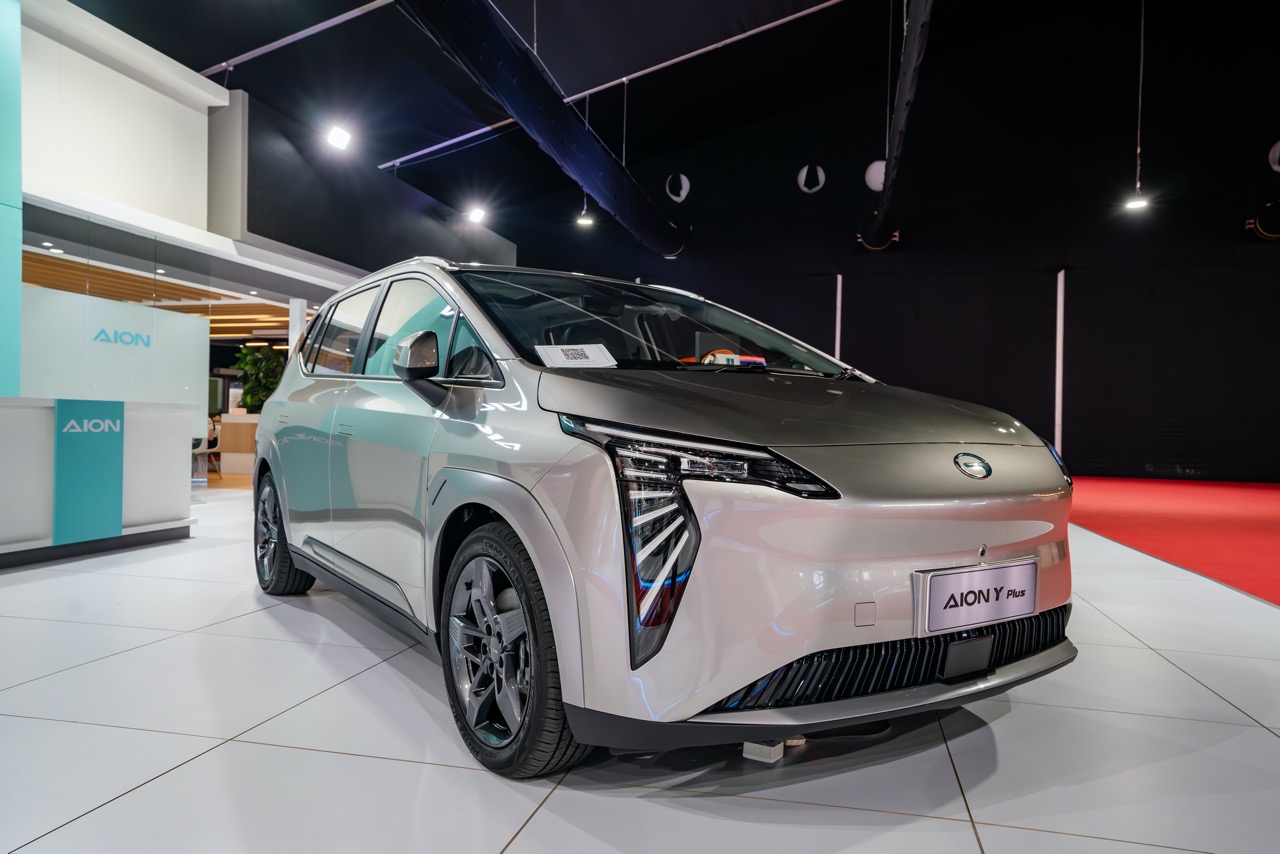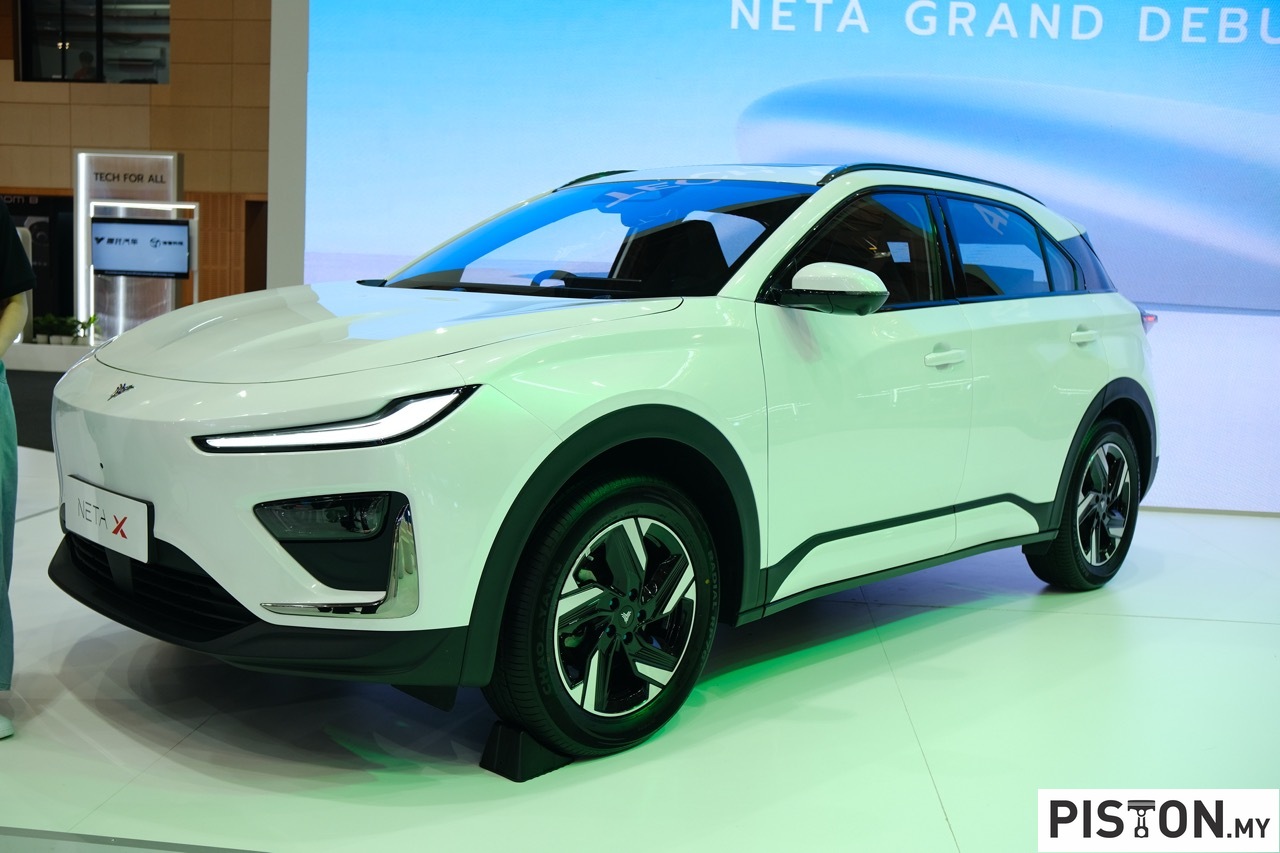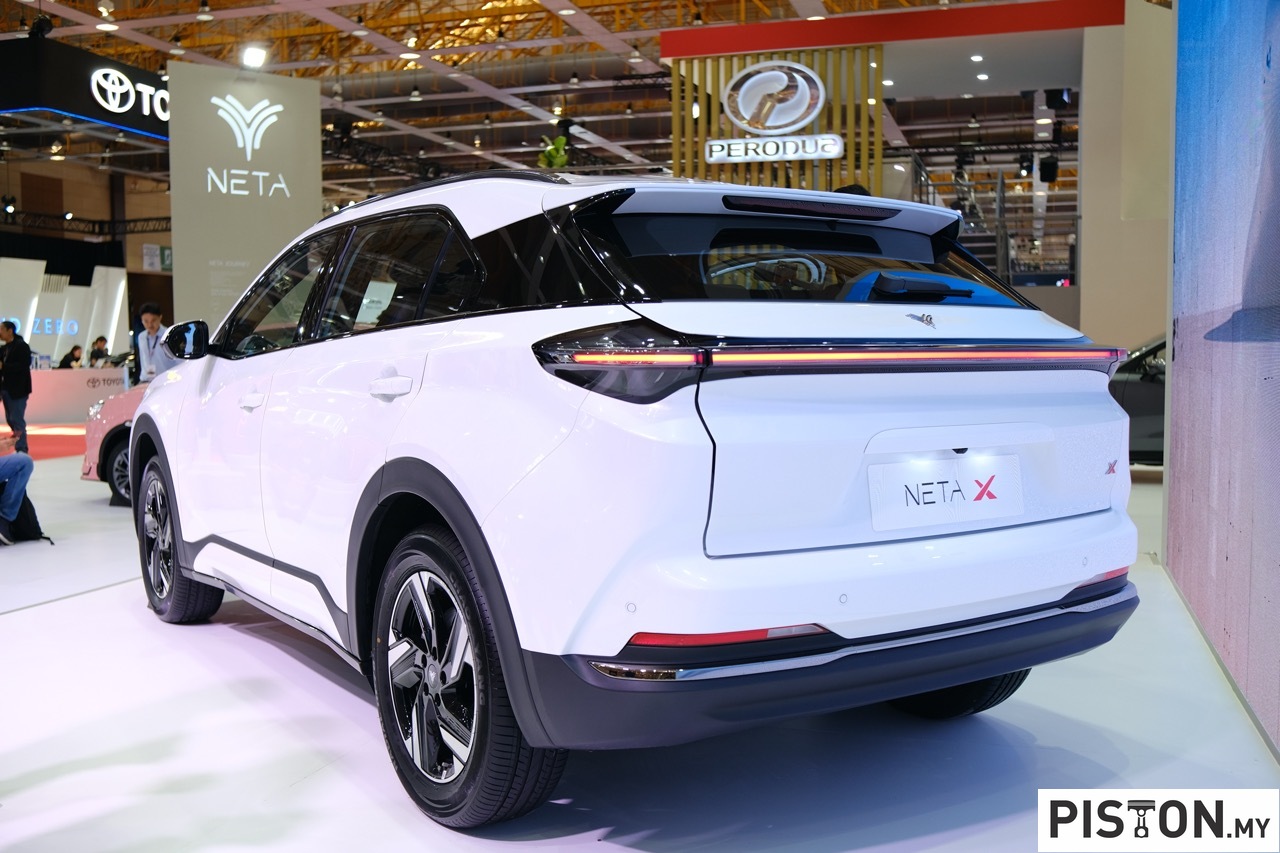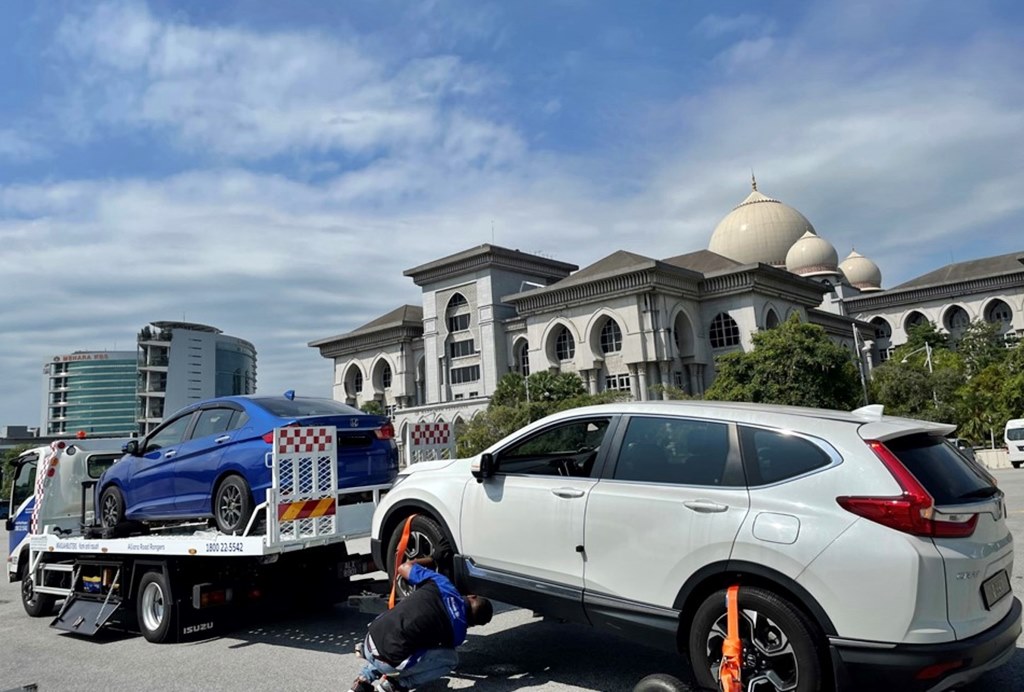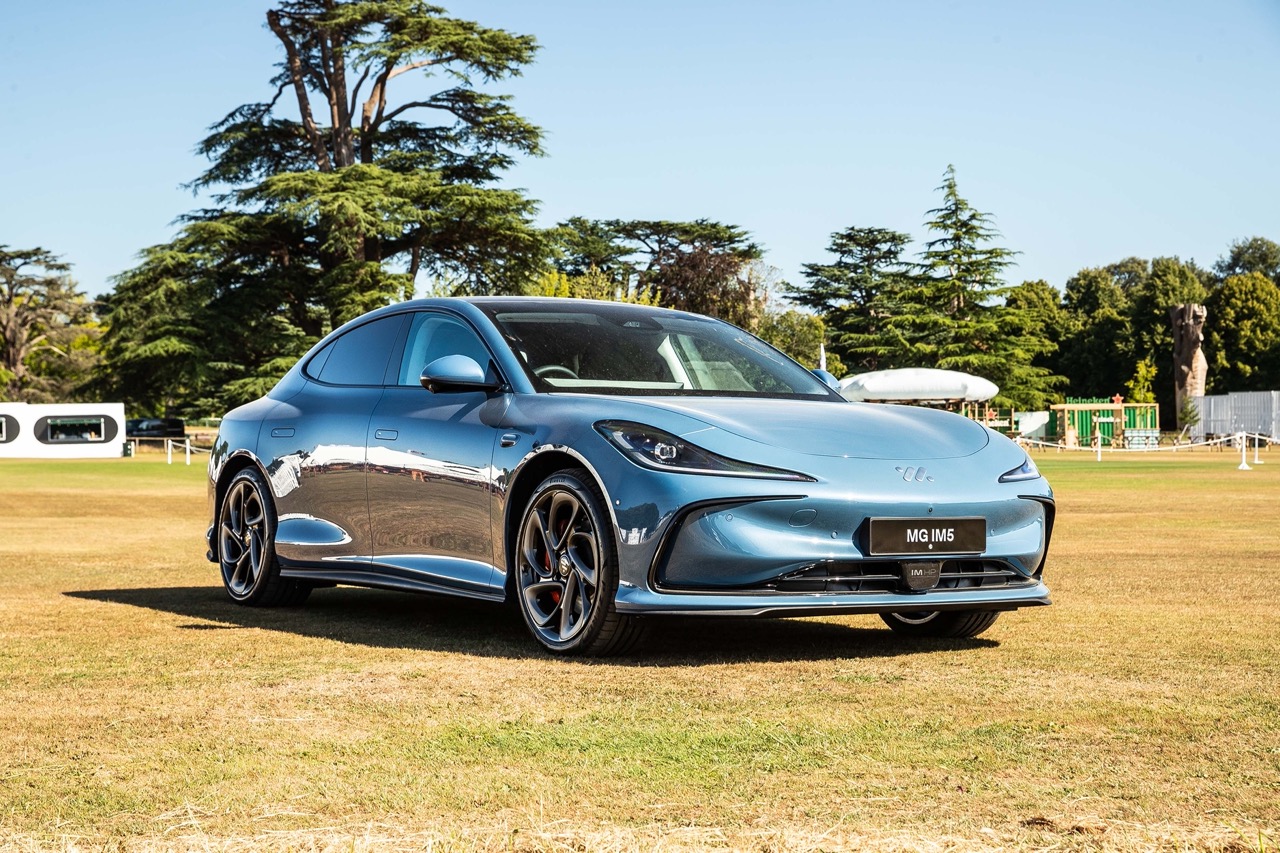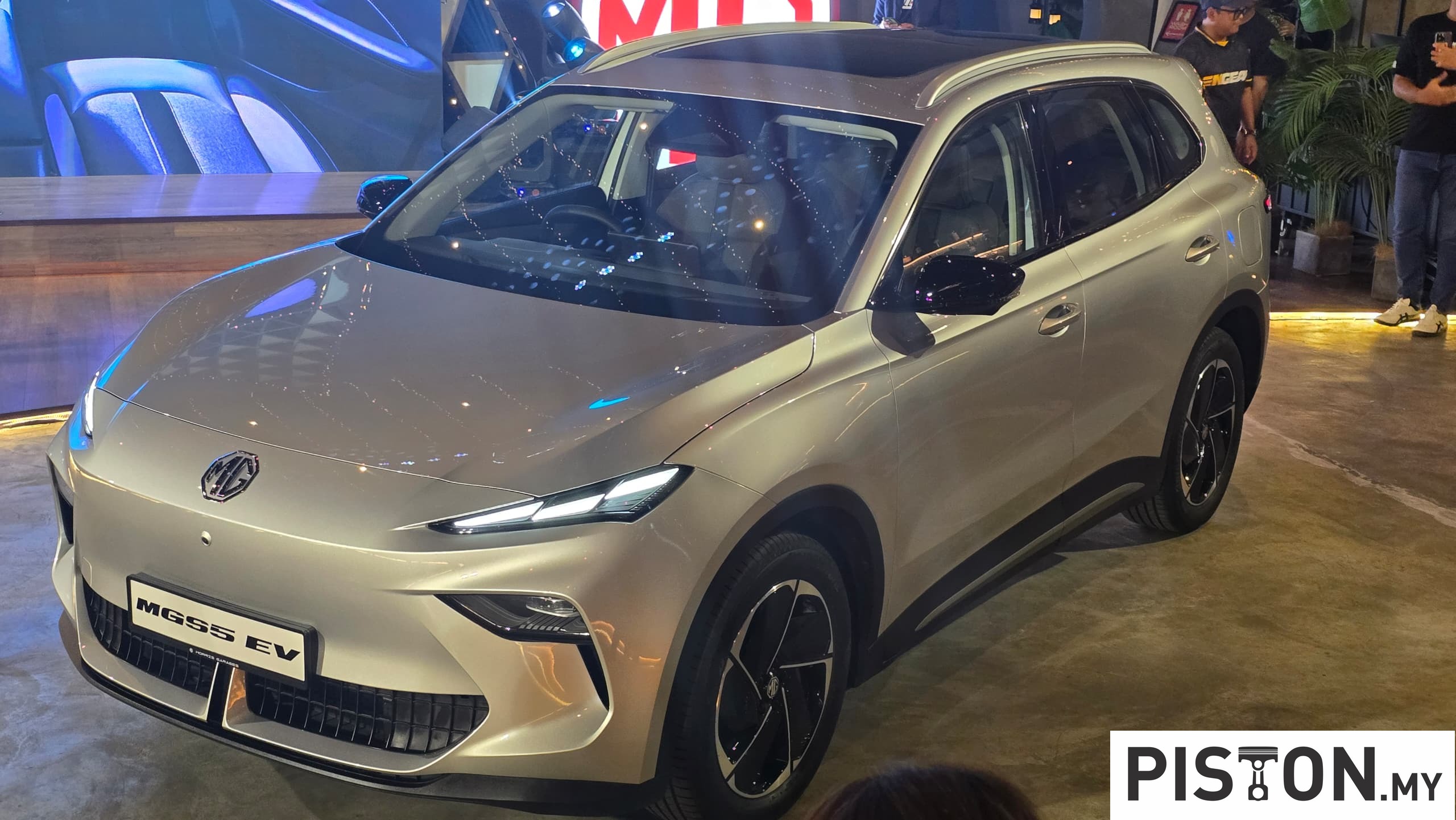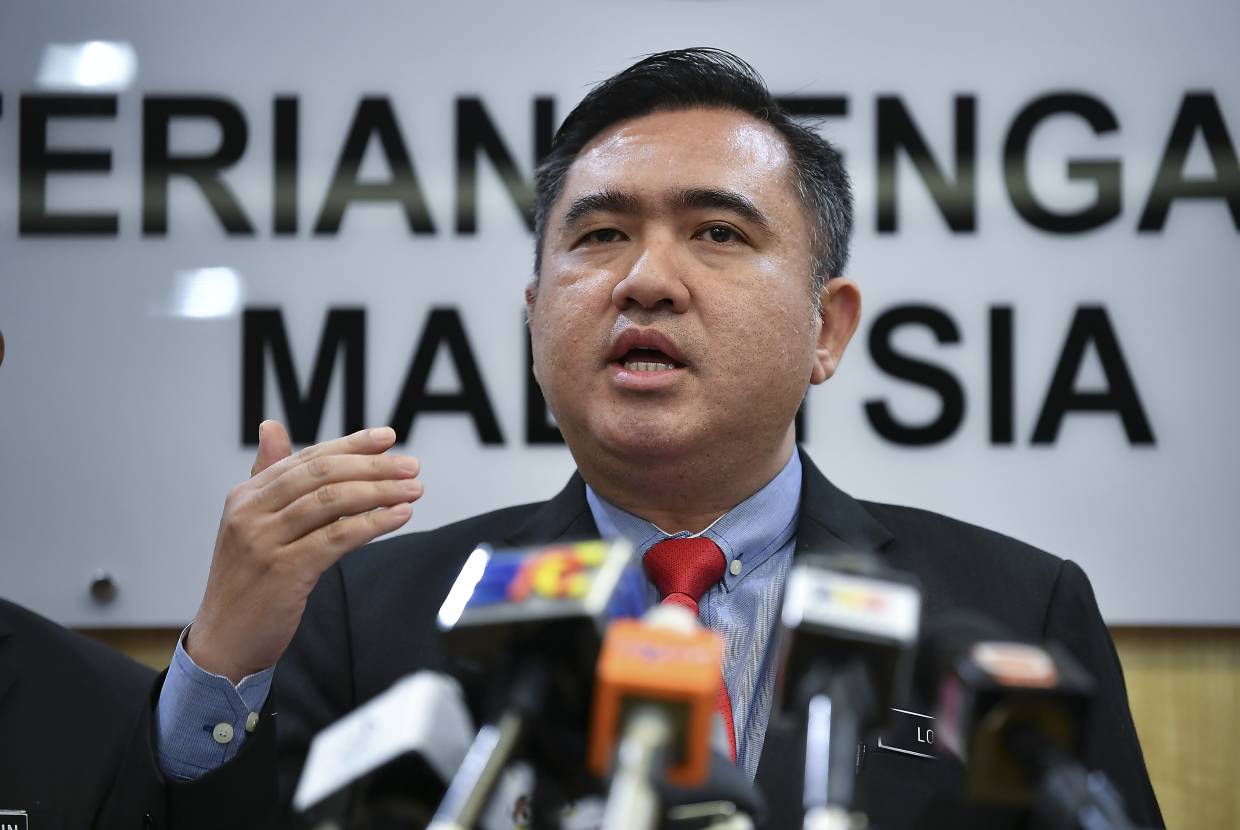The Industry Ministry of Thailand has announced a new initiative aimed at bolstering the local automotive supply chain by requiring Chinese electric vehicle (EV) manufacturers to source at least 40% of their parts locally. This move is part of a broader effort to support Thai auto parts makers as the automotive industry shifts from internal combustion engines (ICE) to electric mobility.
Key Points of the Initiative:
- Local Content Requirement:
- Chinese EV manufacturers are encouraged to source at least 40% of their vehicle parts from Thai suppliers.
- This requirement emerged from discussions between the Industry Ministry and Chinese EV makers like GAC Aion New Energy Automobile.
- Support for Local Auto Parts Makers:
- Thai auto parts manufacturers, primarily experienced with ICE components, need assistance to adapt to EV technology.
- The initiative aims to ensure these local companies can continue their operations and integrate into the evolving automotive landscape.
- Commitments from Chinese EV Manufacturers:
- Several Chinese EV manufacturers, including GAC Aion, have agreed to the 40% local content target.
- Other firms, such as Changan Automobile and Neta, have pledged even higher local content proportions, with Changan aiming for 60% initially and up to 90% in the future, and Neta committing to 60%, increasing to 85%.
- Investment and Production:
- The Board of Investment (BoI) has supported investments worth 80 billion baht in the EV industry over the past 2-3 years, targeting total EV production of 400,000 units.
- Companies like Great Wall Motor and BTD have also committed to high local content percentages for their EV components.
- EV Technology Transfer:
- The Industry Ministry is also focusing on EV technology transfer to help develop the Thai automotive industry.
- This includes facilitating discussions on using locally produced auto parts and transferring knowledge to Thai manufacturers.
- Investment Incentives:
- The BoI is promoting EV industry growth by offering investment incentives to related businesses, including battery production and EV charging facilities.
- These incentives are part of a strategy to attract more EV-related investments and foster industry development.
- Support for ICE Vehicle Manufacturers:
- Despite the focus on EVs, the Thai government will continue to support ICE vehicle manufacturers that have been operating in Thailand for over a decade.
- This includes producers of hybrid and plug-in hybrid vehicles, ensuring a balanced approach to automotive industry support.
Implications:
This initiative highlights Thailand’s strategic approach to becoming a significant player in the global EV market while ensuring that local auto parts makers can thrive. By securing commitments from major Chinese EV manufacturers and offering incentives for local production, Thailand aims to create a robust, sustainable automotive supply chain that can support both traditional and electric vehicles. This dual support for ICE and EV industries is expected to facilitate a smoother transition towards a greener automotive future.



